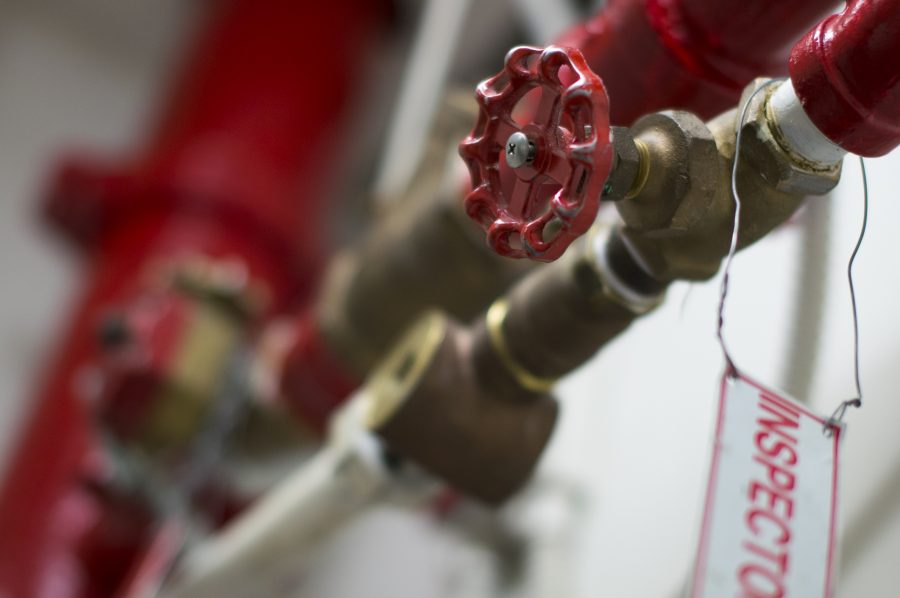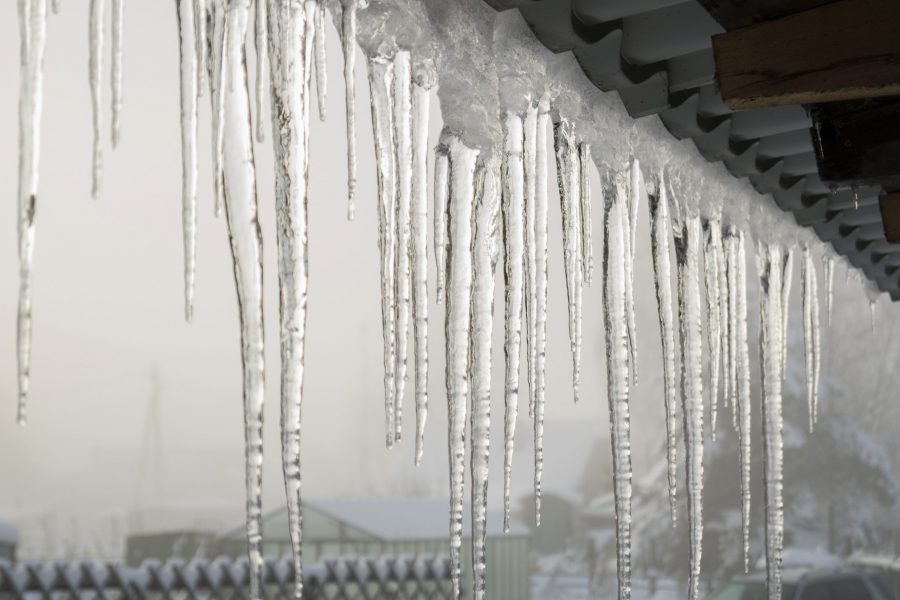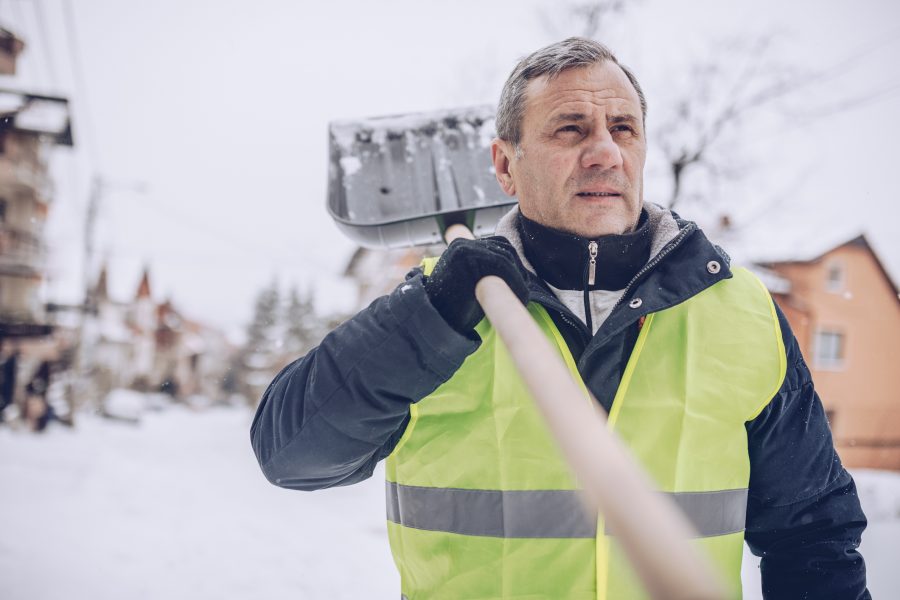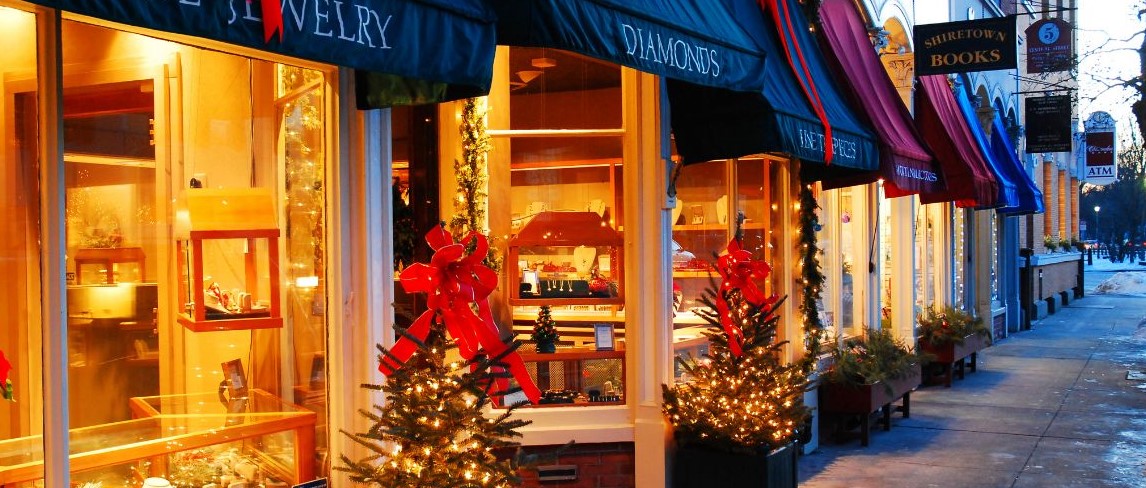With the coming drop in temperature, risk to business property of all types goes up. It is tempting to overlook the risks that low temperatures pose when in fact the amount of damage they can cause is much greater for a business than a typical home. Not only are buildings and their contents at risk, but also the business’s income should a temporary shutdown occur. Recent warm weather shouldn’t lull anyone into complacency. Prepare for coming temperatures now.

Frozen Pipes
Frozen pipes are a leading cause of insurance claims during cold weather. And should power go out during critically low temperatures, the potential for damage becomes even greater. For example, depending upon how water pipes are protected, a loss of building heat for even a few hours can cause them to burst under the influence of a hard freeze.
Damage caused by frozen pipes is covered under most, but not all, property insurance policies. Insurance companies insure buildings with unreliable heat sources or in poor condition using a “Basic Form” cause of loss which does not include frozen pipe protection. Familiarize yourself with your business’s property insurance policy and ensure it contains either a “Special Form” (preferred) or “Broad Form” cause of loss. However, even if insured, prevention is less expensive and much less hassle.
- Plan for a power outage. Obtain a secondary heat source adequate for your business space and familiarize yourself with how to safely operate it.
- Always maintain at least 60 degrees in buildings with plumbing.
- Open doors to remote areas to ensure adequate heat flow.
- During a hard freeze, check water flow at the end of each day by running water for twenty seconds from each sink and flushing toilets. Repeat when you return in the morning.
- Have fire sprinkler systems inspected and ensure a proper mix of antifreeze is maintained.
- Ensure sprinkler system fire pump rooms stay at least 40 degrees (70 degrees for diesel engines without heaters).
- For buildings with dry sprinkler systems, check that dry pipe valves are properly set and air pressure is maintained. Drain auxiliary drains at low points.
Power Loss
If a building loses power during low temperatures, additional precautions should be taken.
- Turn off water at the main supply line.
- Flush all toilets until the reservoir is empty. Force remaining water out of the bowl with brush or plunger. Alternatively, pour three pints of propylene glycol or RV antifreeze into the bowl to prevent water from freezing and cracking the toilet.
- Open all faucets. Force water out of sink drain traps with a plunger. Alternatively, pour two pints of propylene glycol or common RV antifreeze into the sink to prevent freezing.
- If power is out long enough to freeze the water heater, have a licensed professional inspect it. Damaged hot water heaters pose a serious explosion hazard.
- Seal cracks around doors and windows.
- Remove bottled water, sodas, canned goods, and other contents that could freeze.
- Unplug electrical appliances.
- Monitor fire sprinkler systems. Frozen sprinkler systems will cause extensive damage when thawed.
- Thawing a frozen pipe can cause water damage. Contact a licensed professional for help.

Gutter Backups | Ice Dams
Frozen pipes aren’t the only cold weather hazard. Gutter backups occur when snow piles on a roof, insulating the lower snow layer against the warmer roof and allowing it to melt. This melt then accumulates in gutters and storm drains where it again freezes and clogs them. New melt builds up behind it and seeps into the building between shingles and through seams.
- Remove snow build up with a snow rake.
- Install heating cables near the gutters.
- Although written for home owners, This Old House’s article How to Get Rid of Ice Dams is a great resource for business owners as well.
Business Property Liability
Slip and falls are an insurance cliché. However, each year we see dozens of these claims, most of them during the winter months, underscoring the importance of preventing them.
- Contract with a reputable snow removal company to service your parking lot.
- Use entry mats to prevent occupants from tracking snow into the building and onto slick flooring.
- Shovel snow and ice from entries. Ensure a clear path from parking lot to entry.
- Utilize chemical deicer to keep exposed pavement from harboring an ice layer.
Other Winter Hazards
Consider the additional risks imposed upon your business automobiles during winter and ensure your fleet is well maintained, engines topped with adequate antifreeze, wheels shod with proper tires, and that each contains an accident kit and claim reporting instructions. Regarding workers compensation, if employees must work in the cold, ensure they are properly equipped and trained. Most importantly, foster a culture of safety and emphasize safe winter driving habits. Clients, be certain to utilize all the benefits of MyWave and log in to access winter safety manuals, training materials, and checklists.

American National Bank & Trust Company offers home, auto, and business insurance through Bankers Insurance, LLC. They are contracted with hundreds of insurance companies and know which ones are the best fit for you. For more information, contact your Bankers Insurance agent. Not a client? Let them earn your business. Each client is assigned a personal agent in their office, given their email address, and provided a phone number that rings right on their desk.

